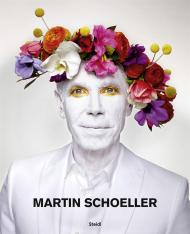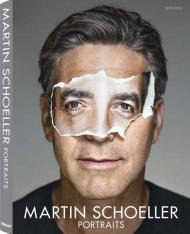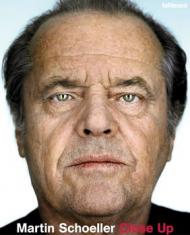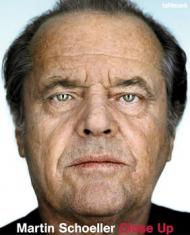Martin Schoeller’s portraiture is renowned for its indelible, ultra-close-ups, with a tone, mood and compositional consistency that have energized the pages of many of America’s and Europe’s most respected publications over the last 20 years. But these revelatory photographs are just the most recognizable slice of his astonishingly searching, restless oeuvre. Schoeller has now amassed a body of work that defies classification, as he has ventured into all but invisible subcultures, the most current events, breakdowns in social justice, celebrity and several other sub-categories of public interest. As seen collectively in Martin Schoeller 1999–2019, these images comprise a veritable museum of recent history — a varied, imaginative, buoyant, disciplined and conscientious project that is the work of an inexhaustibly humane outlook.
A photographic close-up is perhaps the purest form of portraiture, creating a confrontation between the viewer and the subject that daily interaction makes impossible, or at least impolite. In a close-up, the impact stems solely from the static subject’s expression or apparent lack thereof, so the viewer is challenged to read a face without the benefit of the environmental cues we naturally use to form our interpersonal reactions. Martin Schoeller
About the Author:
Born in 1968, Martin Schoeller is an award-winning portrait photographer renowned for his extreme close-up portraits. Schoeller worked as an assistant to Annie Leibovitz from 1993 to 1996, and since 1998 his work has appeared in Rolling Stone, National Geographic, Time, GQ, Esquire, Entertainment Weekly and the New York Times Magazine, among other publications. He joined Richard Avedon as a contributing portrait photographer at the New Yorker in 1999, where he continues to work. Schoeller exhibits internationally and his photography is held in collections including the National Portrait Gallery at the Smithsonian Institution in Washington D.C.



